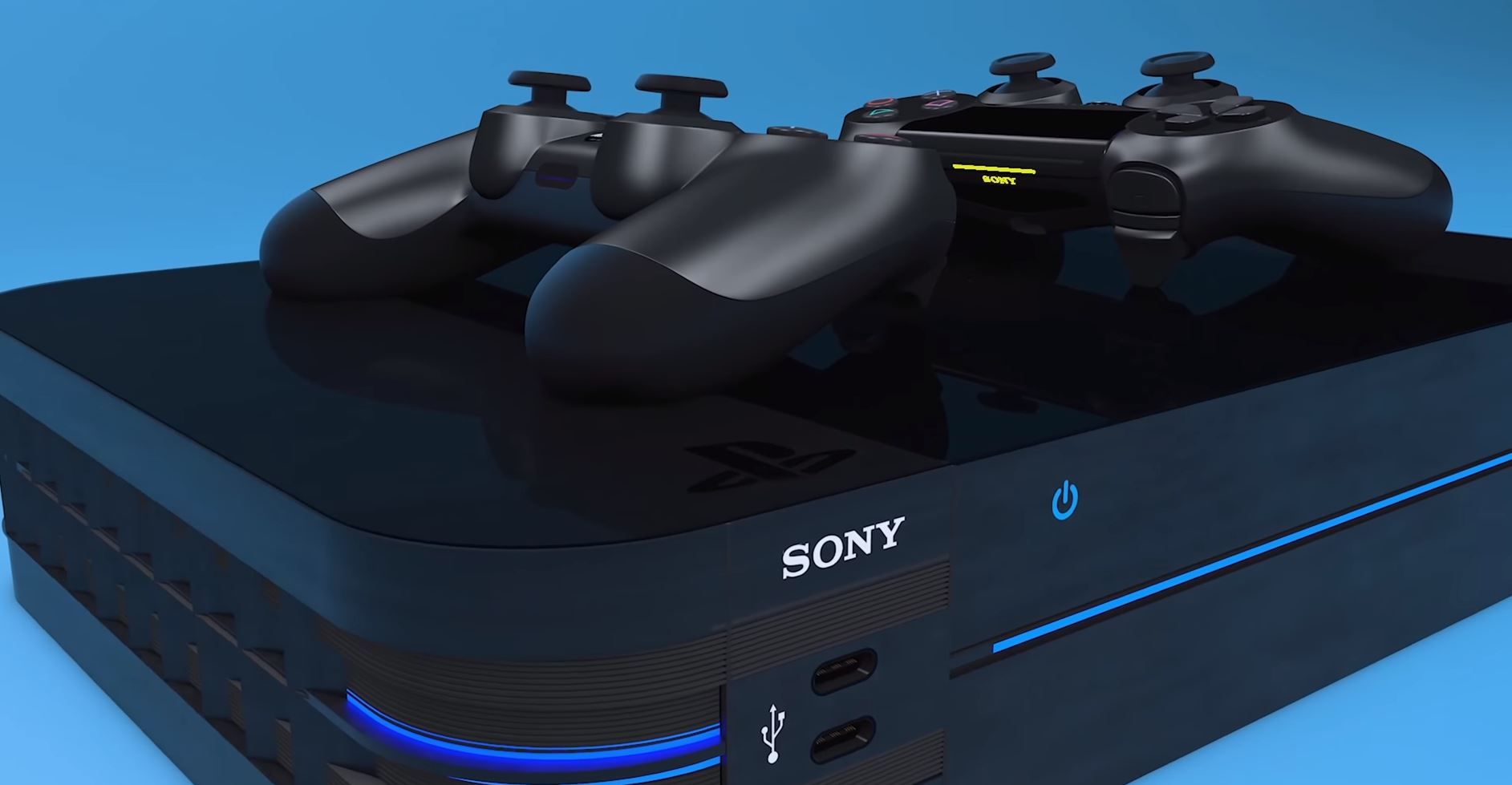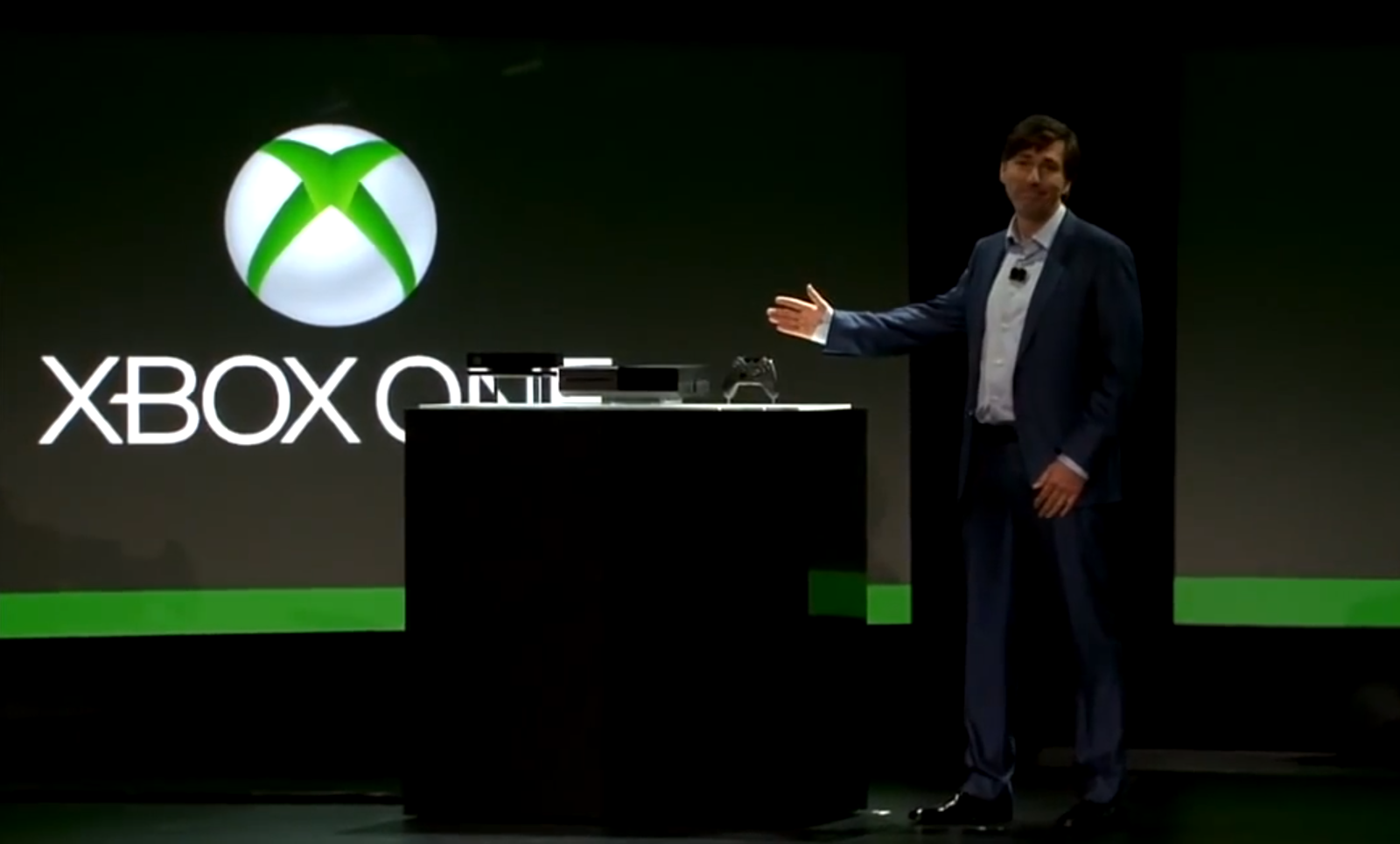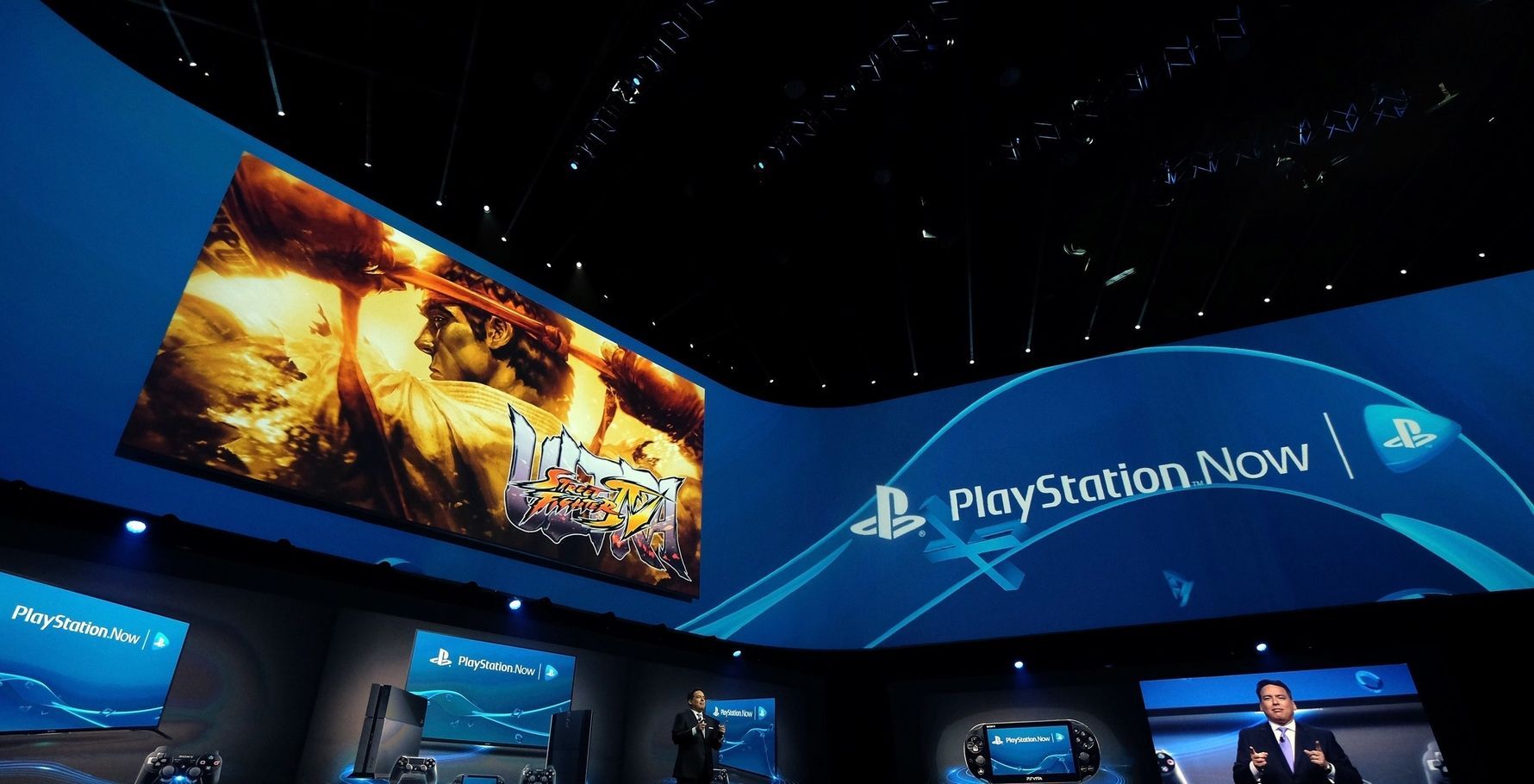Though we technically have yet to hear anything official from Sony regarding its next-generation gaming machine, we’re pretty confident that, after four successive PlayStation consoles, the PlayStation 5 isn't about to shake anything up in terms of branding. The Ps5 will likely launch alongside Microsoft’s Project Scarlett in November or December of 2020, and it will represent the next great leap in terms of graphical fidelity, ushering in the ninth generation of gaming consoles.
Without any concrete details concerning specifications, launch lineups, or price points, it’s tough to say definitively who will be the early frontrunner in the next-gen console war, but we’re willing to hazard a guess that Microsoft’s more consumer-friendly approach and less draconian outlook on things like crossplay and game streaming will give it an advantage in an era that’s shaping up to be far less forgiving of the gaming fiefdoms console manufacturers have traditionally held.
At the onset of this current generation, Sony was desperate for a win following the ho-hum reception of the PlayStation 3, and Microsoft, having grown complacent and short-sighted after a near-decade of success with the Xbox 360, assumed that it no longer needed to cater to the interests or needs of fans. As a result, Sony totally stole the show in 2013 with the launch of the PS4, and the original Xbox One went down as a bloated, obtuse piece of unwanted hardware. Now, Microsoft’s Xbox brand is desperate to regain the attention of the gaming populace, and Sony doesn’t seem to realize that it has quite a bit to lose going into 2020 and beyond. As a result, Project Scarlett may well pull the rug out from beneath Sony’s feet, and it may find itself back to where it was at the beginning of the seventh console generation.
Hubris may well play a role in Sony’s next-gen demise, but it’s also important to note how ahead-of-the-curve the competition seems to be in terms of preparedness for the future. Take, for instance, Microsoft’s Xcloud project. Though it’s still in beta, it looks to be a great deal more competent than Sony’s PS Now, and the fact that it won’t be totally reliant on the cloud puts it ahead of Google’s shaky Stadia launch.
Beyond that, the Xbox Game Pass grants players access to dozens upon dozens of worthwhile titles for a low monthly fee, and, unlike PS Now, new triple-A games arrive on the service on day one. Plus, Microsoft has made it so that the Xbox One is compatible with both Xbox 360 and original Xbox titles, making it the pre-eminent gaming setup for players on a budget. The PlayStation 4, meanwhile, isn’t backward compatible at all, which only serves to lessen the console’s appeal as its relevance continues to wane.
The PlayStation loyal may find it hard to believe, and it’s far from a certainty, but Sony has a track record of losing the forest for the trees. The PlayStation 2 may have been the highest-selling console of all time, but Sony failed to capitalize on that success, assuming instead that all of the goodwill it generated over the previous generation would automatically carry over to the next one. Instead, the PS3 was an inferior games machine that was comparatively lacking in first-party releases, failed to champion online gaming in the same way as Xbox Live did, and launched at an exorbitant price point. Though Sony may well right the ship over the course of the next year, it’s not unthinkable that it could fall into the exact same funk as it did in the mid 2000s. Plus, with rumors that game streaming may, in the coming years, replace consoles entirely, it's hard to know what the future will look like for the PlayStation brand.



